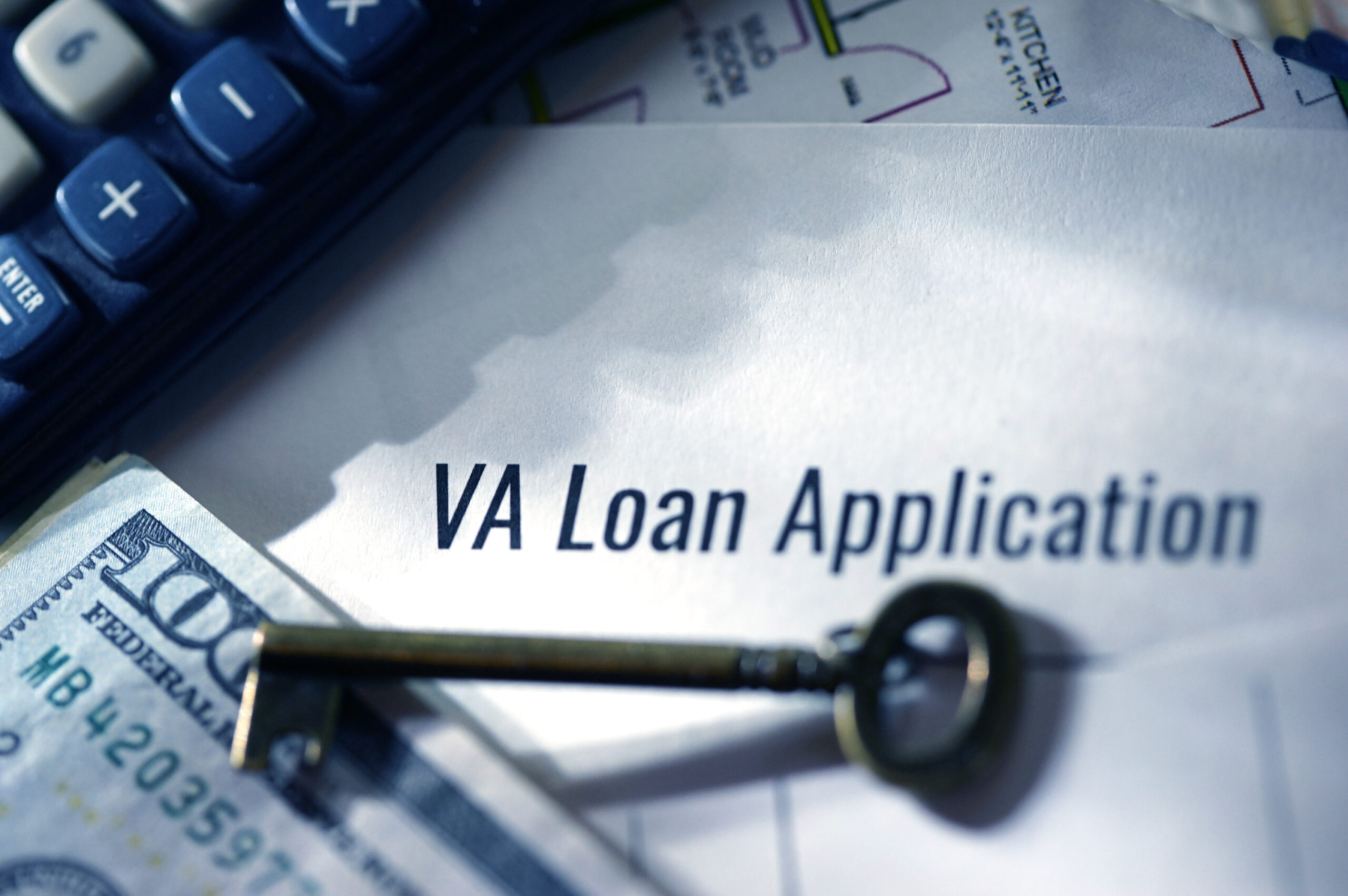Being able to buy a home of your own is the ultimate dream. And for many who have served in the US military, VA loans can help.
How long does a VA loan take to close, though?
Unfortunately, over the years, VA loans have been tainted with a reputation that they take forever to close. In reality, it takes an average of 40 to 55 days for these loans to close – from contract to closing. This isn’t much longer than the 30-day average closing for buyers with a conventional mortgage.
Below you will find a closer look at the timeline and what you can do to speed up your VA loan process.
VA Loans: The Timeline
How long does a VA loan take to close? The exact amount of time will depend on just how quickly you make it through the timeline of events. After all, there are certain steps you have to take to successfully make it to the closing.
Get Pre-Approved For a VA Loan
Although it is not a mandatory step, getting pre-approved for a VA loan before moving forward with your home search is always a great idea. There aren’t many things worse than finding the home of your dreams and losing it because you took too long to qualify for a loan.
Keep in mind that getting pre-approved does not guarantee you a loan, but it does prove that you have met basic requirements set forth by the lender and, as long as you are able to meet a few additional conditions, you will likely be able to secure the loan.
Obtaining the Proper Appraisal
VA loans require getting an appraisal done by an appraiser that has been approved by the VA. Setting this up is often handled by the lender, but it is worth knowing in case you decide to hire your own appraiser.
To get through the process, you will have to consider the time it will take the appraiser which seems to be about 10 days, on average.
Response to Appraisal
Once the appraisal is submitted, two things can happen. The file can continue to move forward as is because all is well with the property and it is valued appropriately. Or, there may be repairs that need to be done before the loan can be approved. Depending on the size of these repairs, it has the potential to significantly disrupt your closing timeline.
What’s more, VA loans require the home to be appraised at or above the loan amount. If it is not, this could also throw a wrench in the process. If the seller does not agree to reduce the price to meet the appraised value, the buyer may have to come up with money to make up the difference or let the home go.
Final Underwriting
After the home has been appraised, you are moving into the home stretch of the closing process. The underwriter will take care of all the specific details that they are responsible for and this can take some time – especially if additional documentation is needed or other issues arise.
If all goes well, the file will be ready to close sooner rather than later.
Personal Timelines
A seller may list a home and want to sell it, but perhaps they won’t be willing to move for a few months. They could, after all, be waiting on their new home to be ready and a buyer would have to be understanding of this.
On the flip side, buyers may be looking to purchase a home but need to wait until their current home is sold to complete the sale.
There are many different personal factors and timelines that can interfere with the overall length of time it takes to get through the home-buying process. Rest assured that most often, both parties are anxious to get through the process as quickly as possible.
Reduce the VA Timeline
Getting a VA loan means going through some structured steps. You cannot get out of going through them or avoid a step or two. However, there are a couple of things you may do that will reduce the timeline for VA loans, including:
Choose an Experienced Realtor
There are certain criteria that the VA requires their properties to meet. They are referred to as Minimum Property Requirements or MPRs. Without them, you may run into issues with your funding – even if you do have pre-approval. Working with a realtor who is experienced in the VA’s requirements will help you avoid these issues.
Obtain a Certificate of Eligibility (COE)
If you have a COE, then you can feel confident in the fact that you have a piece of proof for your lender showing that you qualify for VA home loan benefits.
Getting Pre-approved
How long does a VA loan take to close if you have pre-approval? Knowing that you have already gone through the application process and have pre-approval means that there are fewer hiccups to encounter after you make an offer, thus reducing the timeline.
Is a VA Loan Right For You?
If you meet the requirements to be eligible for a VA loan, you may find that they are a great option. However, they are not the only option. VA loans can be great for those who take the time to get pre-approved, work with an experienced lender and realtor, and find a home that doesn’t need repairs. They offer a lot of perks.
How long does a VA loan take to close? How does this compare with your other mortgage options?
It is important to note that VA loans are not the only mortgage option you have. Working with Option Funding, Inc. will open you up to many different choices for funding your home purchase.
Before you make a move, talk to Ahmad Azizi and his team of mortgage experts. See if a VA loan is right for you or if there may be a better option to meet your needs.
Contact Ahmad today!

